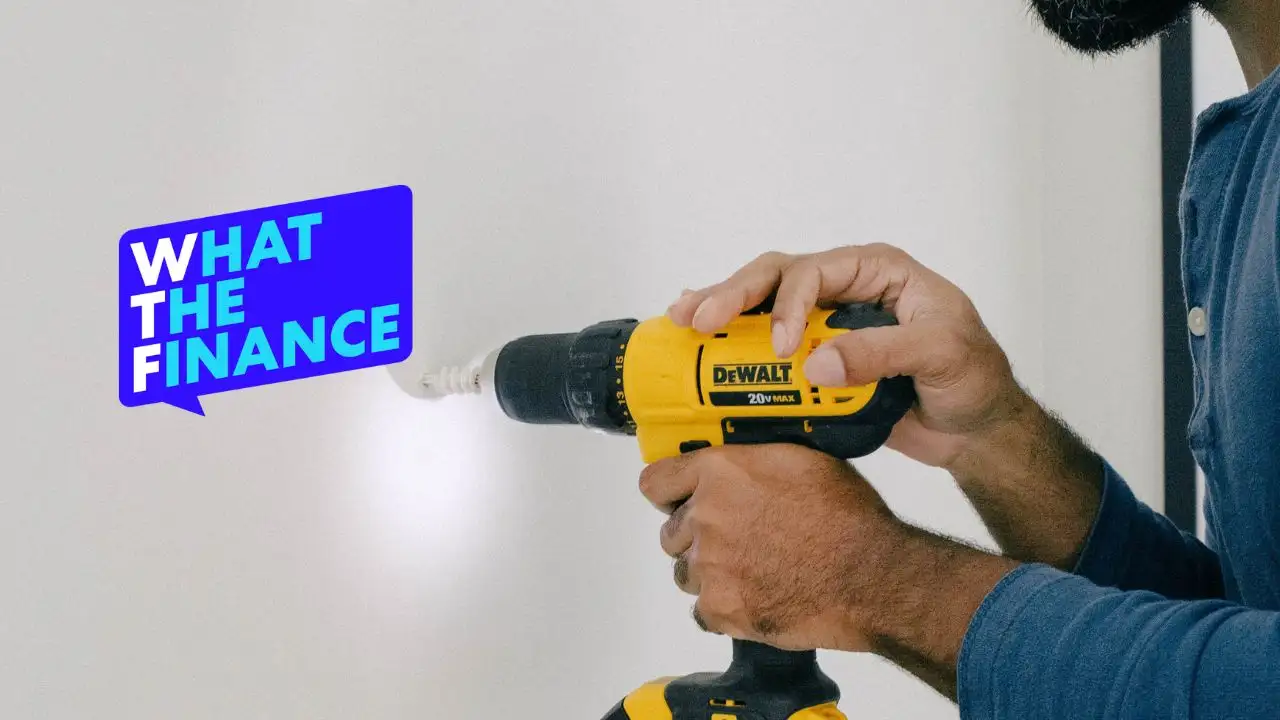
Everyday Finances
5 tips to combat rising interest rates on credit cards
May 23, 2023
Written by
Reviewed by
Get a free debt evaluation
Credit card rates are going up, but you don’t have to let them pull you down.
Have you ever jumped into very cold water? The shock can be brutal, but it wears off. Then the experience becomes invigorating. Discovering how much of your monthly payment is going to interest charges can be just like that. It’s so unappealing, we wouldn’t blame you for not wanting to do it. But jump in anyway.
Wrap your brain around how much interest you’re paying because interest rates have gone up…and they could go up even more. Knowing the numbers might light a fire and help keep you motivated to get ahead financially.
The obvious way to stop paying high interest is to pay off your debts. Easier said than done, right? Let’s assume you’re already working on that goal. Here are a few other things you can do to slam a lid on the increasing cost of your credit card debt.

1. Ask for a break on your rate
Call your credit card issuer and ask for a lower interest rate. They may be willing to review your credit. Be aware that this may entail a hard credit check. If your credit score has gone up, you might qualify for a lower interest rate. Most credit card issuers charge different people different rates for the same account. If you’re not getting the lowest rate yet, ask them what you need to do to get it.

2. Refinance to lower your costs
There are a few ways to get a lower interest rate on the debt you already have.
Balance transfer (use with caution)
If you have credit card accounts that aren’t maxed out, check whether they offer a low-interest balance transfer option. If not, consider applying for a new account with a lower rate.
It’ll be easier to get approved if you don’t have any maxed-out credit card accounts and your credit score is at least around 670. Call the issuer first and ask if you can prequalify.
A balance transfer is a temporary fix. It buys you some time to lower your balances, but remember that after the promotional period, the interest rate will rise. Balance transfers might help you once or twice, but if you repeatedly shuffle money around, it’s like spinning plates on sticks. At some point, they’ll all come down. Relying on balance transfers without a payoff plan could be a sign that you’re headed for a debt trap.
If you do a balance transfer, decide ahead of time how you’ll take advantage of the temporary break on interest charges. You can park the balance at little cost while you aggressively pay off a more expensive debt, or you can focus on paying down the transferred balance while it’s accruing little or no interest. You’ll make much bigger progress when all or most of your payments go toward the principal.
Personal loan (consolidate your credit card debt)
Personal loans often have lower interest rates than credit card accounts. Some lenders offer interest rate discounts that bring the cost down even more. A personal loan will generally require a credit score of at least 620 to 660, depending on the lender. If you search, you may find lenders that have higher or lower credit score requirements.
You can take multiple credit card balances and pay them off with a personal loan. This is called debt consolidation. You get a few benefits:
Pay just one bill each month instead of multiple bills
Potentially lower the cost of the debt with a lower interest rate
Have a clear payoff date for the debt
Potentially improve your credit profile* by lowering your credit card debt
Home equity loan (a solution for homeowners)
If you own your home, a home equity loan may be another way to pay off credit card debt. You'd need to have equity to borrow against. Equity is the current market value of the home minus the amount of any outstanding balance on a mortgage loan. There are lenders who will accept home equity loan applications from people with a credit score as low as 600.

3. Pay off new charges
If you’re still using your credit cards, keep tabs on your purchases and pay them off in full every month, plus a little extra toward the balance you’re carrying. If you do this, at least you won’t be paying interest on your new purchases.
4. Shut down your cards
Shutting down your cards guarantees that the balances can’t grow. It’s true that closing down credit cards with outstanding balances is practically guaranteed to make your credit score drop temporarily. This is only a good strategy if you want to laser-focus on getting rid of high-interest debt and you don’t plan to apply for new credit accounts in the very near future. Paying off your credit card accounts can have a tremendous positive effect on your credit score, more than making up for the temporary damage caused by closing the accounts.

5. Call in the cavalry
If you want to pay off your debts but you feel overwhelmed and need some help with an action plan, talk to a nonprofit credit counselor. They can help you organize your debts and create a strategy for getting rid of them.
If you are concerned that you won’t be able to pay off all of your debts, discuss the situation with a professional debt consultant. It may be possible to negotiate with your creditors to accept less than the full amount that you owe.
* We can't make any guarantees about what will happen to your credit score. Everyone’s situation differs. If you make your monthly payments on time on your loan and any other accounts you have, you'll be in the best position to experience favorable results.
Author Information
Written by
Kimberly is Achieve’s senior editor. She is a financial counselor accredited by the Association for Financial Counseling & Planning Education®, and a mortgage expert for The Motley Fool. She owns and manages a 350-writer content agency.
Reviewed by
James is a financial editor for Achieve. He has been an editor for The Ascent (The Motley Fool) and was the arts editor at The Valley Advocate newspaper in Western Massachusetts for many years. He holds an MFA from the University of Massachusetts Amherst and an MA from Hollins University. His book Krakatoa Picnic came out in 2017.
Related Articles
Compound interest is a two-sided coin. Good for your savings, bad for your debts. Find out more here.
Miranda Marquit
Author
Debts are not all created equal. Prioritize your debt as part of your payoff strategy. We’ll show you how.
Jackie Lam
Author
Meta description: A home equity loan could turn your home’s value into money you can spend to improve your life. Find out how.
Jackie Lam
Author
Compound interest is a two-sided coin. Good for your savings, bad for your debts. Find out more here.
Miranda Marquit
Author
Debts are not all created equal. Prioritize your debt as part of your payoff strategy. We’ll show you how.
Jackie Lam
Author
Meta description: A home equity loan could turn your home’s value into money you can spend to improve your life. Find out how.
Jackie Lam
Author


